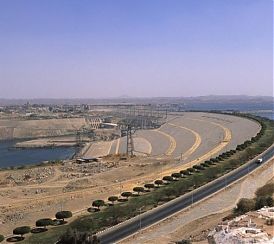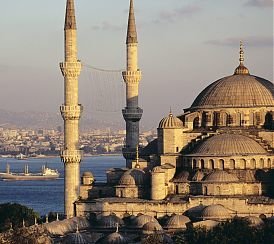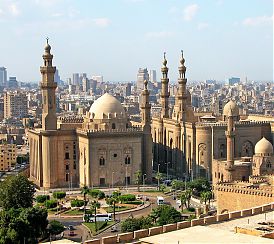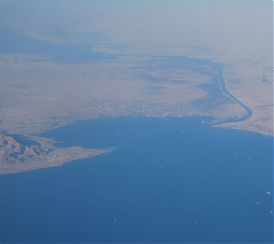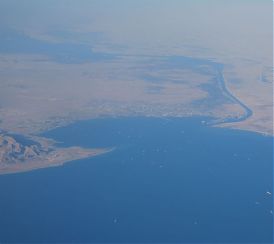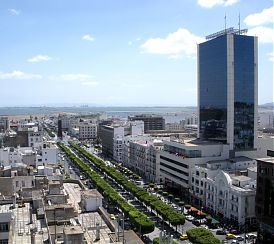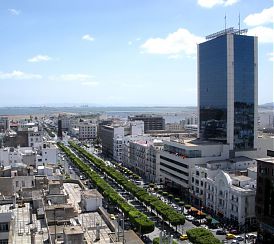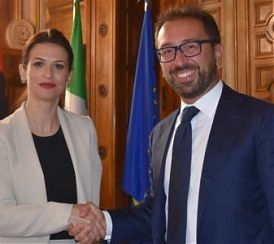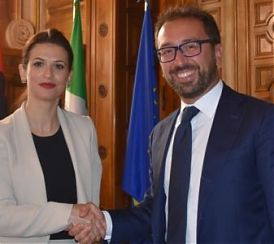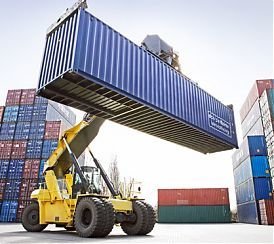
Among G20 countries in the second quarter of this year, Turkey saw its imports shrink the most according to the latest report on foreign trade from the Organization for Economic Co-operation and Development (OECD).
The report indicates that Turkey’s imports were down by 9.4% in the second quarter compared to the first quarter. Imports stood at $64.3 billion in the first quarter,but declined to $58.3 billion in the second quarter.
In the same period, Turkey’s exports decreased by 0.9% from $40.07 to $40.3 billion.
G20 international trade contracted in the second quarter of this year, following eight consecutive quarters of growth, the OECD said. G20 exports declined by 0.6% and imports by 0.9%, it noted.
It indicated that Saudi Arabia saw the highest increase in exports in the second quarter with 9.7%, followed by India (5.7%), the U.S. (4.4%), Canada (4.4%), Russia (1.2% and Australia (1.2%). China’s exports were $645.2 billion in the first quarter before declining to $627.2 billion in the second quarter.
“Imports contracted in most G20 economies, most significantly in Turkey (9.4%) and Brazil (6.5%). Imports only increased in India (2.9%), Canada (1.4%), Mexico (1.4 percent), Japan (1.2%) and Indonesia (1.2%)”, the OECD said in the report.
The organization also said the widespread contraction in international trade can be partly explained by the significant depreciation of a number of currencies against the U.S. dollar in the second quarter, notably the Argentine peso (down 18%), the Turkish lira (down 15%) and the Brazilian real (down 11%).”These effects were partially offset by rising oil prices: benchmark Dubai Crude increased to $71.6 per barrel in the second quarter compared to $64.0 in the previous quarter,” it added.
Meanwhile, Turkey’s foreign trade balance ran a $5.98 billion deficit in July, marking a year-on-year fall of 32.6 % the national statistical body announced Wednesday.
Last month, the country’s exports amounted to $14.07 billion, an 11.6% annual hike, while imports totaled $20.05 billion, a 6.7% decrease, compared to July 2017, the Turkish Statistical Institute (TurkStat) said.
TurkStat noted that from January to July this year, exports were $96.27 billion – up 7% on a yearly basis – and imports were some $143 billion, an annual hike of 10.2&.According to official figures, the seven-month trade balance showed a deficit of $46.75 billion, up 10.2% over the same period last year.
Official data showed that the ratio of manufacturing industries products in total exports was 94.9% in July, amounting to $13.36 billion.
In 2014, Turkey’s exports hit an all-time high of $157.6 billion, while the figure was nearly $157 billion last year.
Fonte: Daily Sabah Economy
(ITALPRESS/MNA)
Source: medNews
